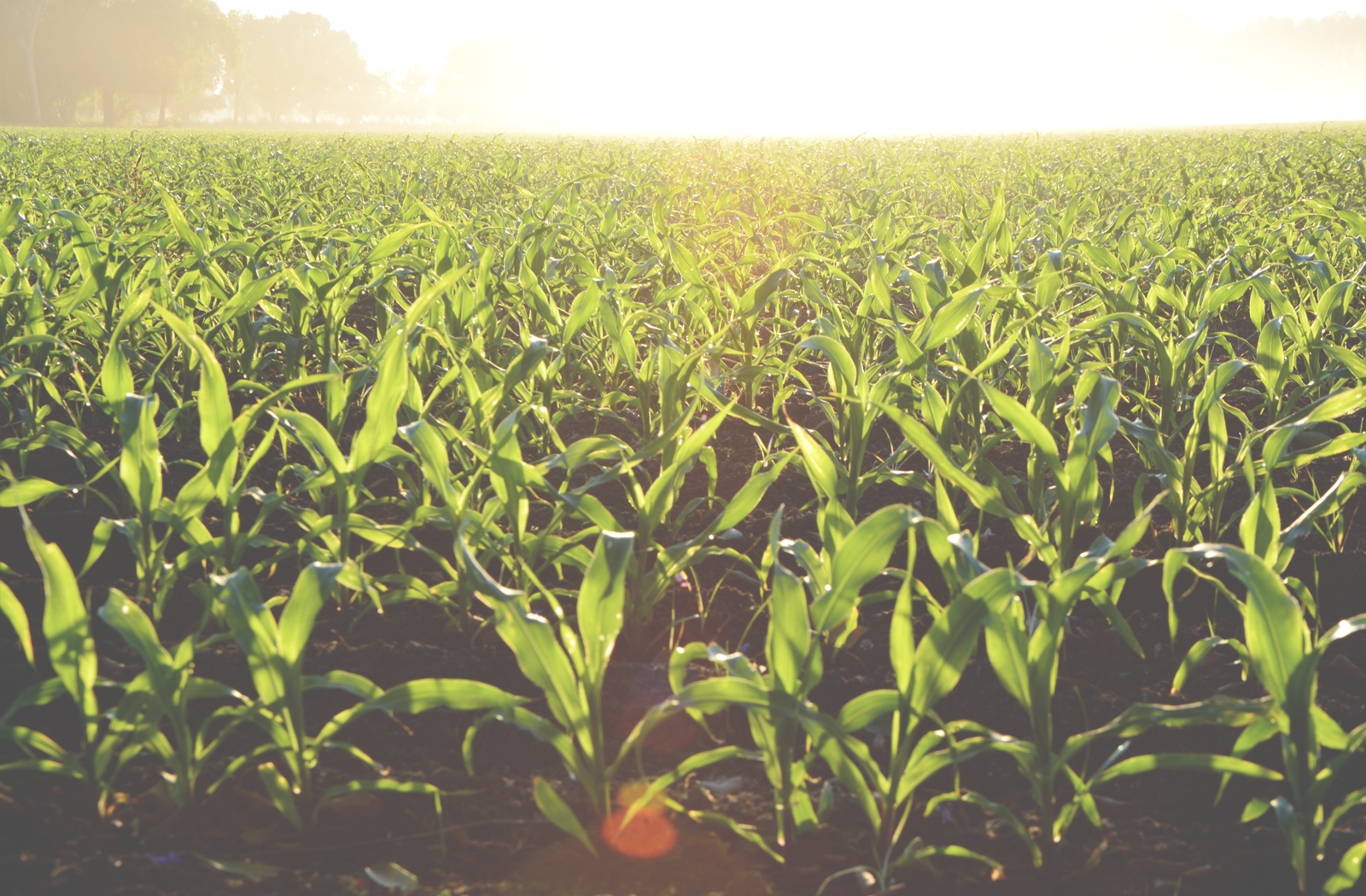
What does soil health mean?
Soils across Canada and indeed the world vary in what they are made of and how they interact with the environment around them. The soil type is often influenced by the local climate, organisms, type of sediments etc.
The term soil health generally refers to the relationship that the soil has within itself and with the surrounding environment. For example, soils are made up of biological, physical, and chemical components. All of these components interact together to form the basis for soil health and soil management.
In crop growing, most people can see and refer to the plant as being “alive” but consider that the same things that make the plant a living thing also make the soil “alive”. This means that soil health is extremely important as the interactions of all the soil systems determine the success and eventually the crop yield.
How does the soil system work?
Here are some basic soil functions that could be managed to ensure it supports plants growth;
Regulating water – the type of typography of the soil plays a large role in where water flows and how much is absorbed and made available for plants.
Neutralizing pollutants – the physical and biological components of the soil play a vital role in decomposing and degrading organic material as well as detoxifying inorganic pollutants that may have landed on it.
Physical support – soils “hug” the roots of the plant and provide stability for the plant to grow.
Cycling nutrients – in previous posts we discussed macro and micro nutrients. The soil’s ability to cycle and restore nutrients is an important function. In today’s crop growing systems, soils do not have the ability to regenerate these nutrients as fast as we need them to – this is why fertilizers are used. Find out why custom fertilizing is crucial for growers and the environment here.
Life support – Lastly but definitely not least, soils sustain life. They provide nourishment and foster diversity in plant and for animals.
Balancing these soil components to ensure optimal health for the soil is sometimes referred to as soil health management.
Impact on Growers
As you can imagine soil health has a huge impact on growing crops. Since soil health varies from different areas, it is crucial that soil management practices are developed and adapted to local soil conditions. One of the first steps to doing this is soil analysis. Accurate and reliable soil analysis results will form the foundation of good soil health management.
Hopefully you found this post helpful. If you want to know more about your crop nutrient needs, contact us – we’d love to chat!
If you liked this post, please share it.